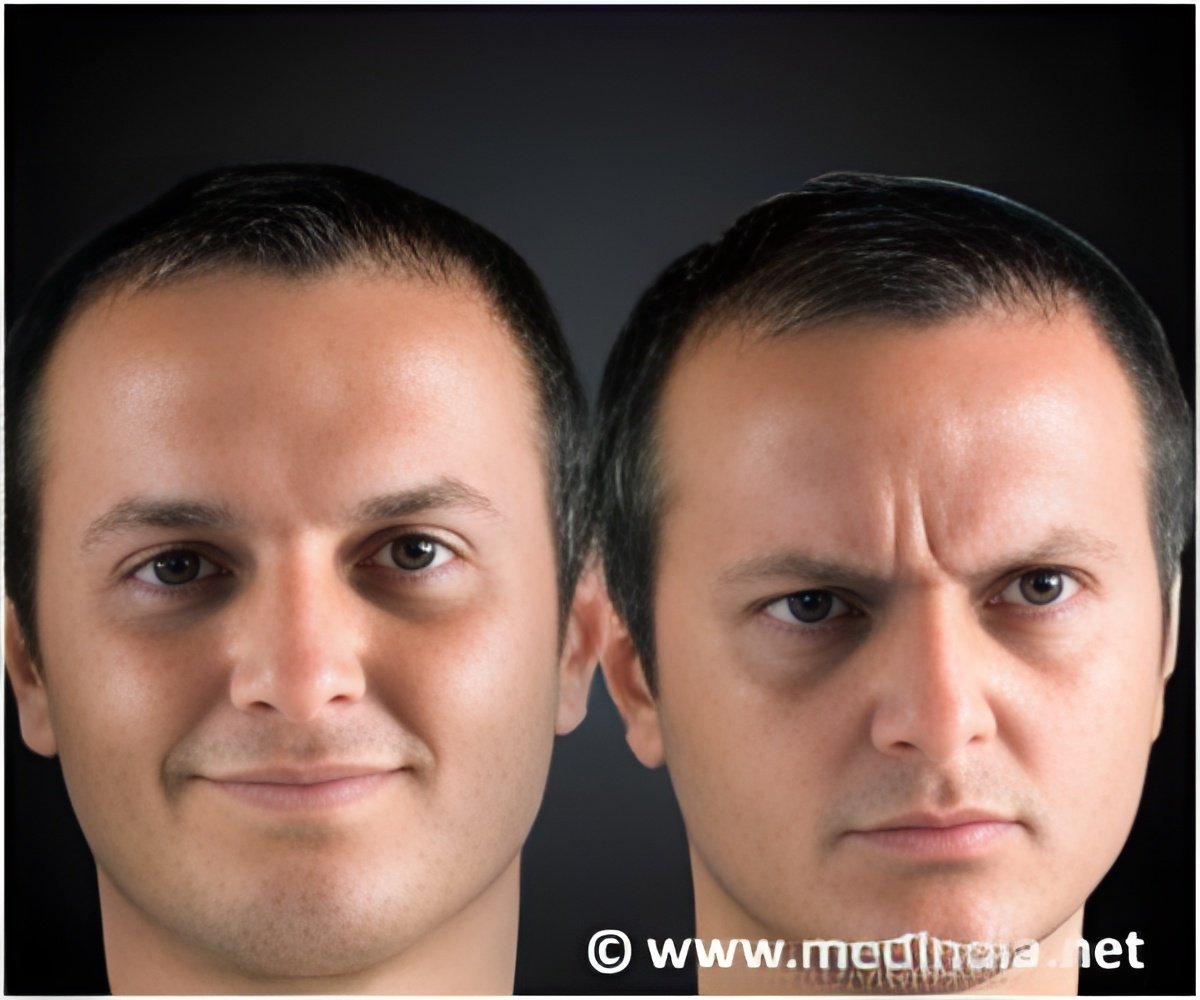Digital phenotyping applications that analyze smart phone user data have appeared as promising tools for monitoring patients with severe mental illness and psychosis spectrum illnesses.

‘Smart phones with digital phenoptyping approaches have emerged as effective tools for observing patients with severe mental illness.’





Psychiatry researchers say that collecting and determining this kind of behavioral information might be useful in understanding how patients with severe mental illness are functioning in everyday life outside of the clinic or lab - in particular, to evaluate symptoms and predict clinical relapses.Sixteen of the studies used machine learning-based approaches to analyze the passively collected data. As Dr. Tourous and coauthors note, the studies used various different algorithms, and for different purposes. The most commonly used algorithm type was "random forests," which work by combining many small, weak decisions to make a single strong prediction. For example, one study used passively tracked behavioral data to predict mental health scores in patients with schizophrenia.
Other studies made use of neural nets, machine learning approaches. These algorithms work in several ways to use behavioral data like where the patients are going and whether they are returning calls, even the tone of their voice can help in detecting their current mental status and predict their risk of relapse.
"Digital phenotyping provides a much-needed bridge between patients' symptomatology and the behaviors that can be used to assess and monitor psychotic disorders.", Dr. Tourous and colleagues write.
Advertisement














